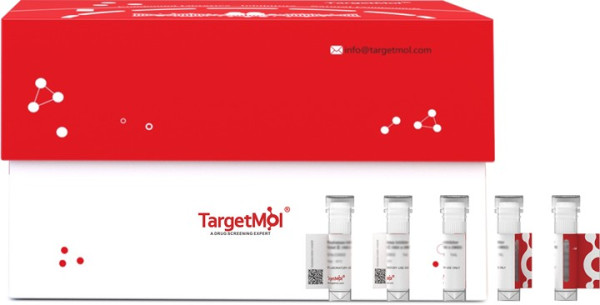Cookie preferences
This website uses cookies, which are necessary for the technical operation of the website and are always set. Other cookies, which increase the comfort when using this website, are used for direct advertising or to facilitate interaction with other websites and social networks, are only set with your consent.
Configuration
Technically required
These cookies are necessary for the basic functions of the shop.
"Allow all cookies" cookie
"Decline all cookies" cookie
CSRF token
Cookie preferences
Currency change
Customer-specific caching
FACT-Finder tracking
Individual prices
Selected shop
Session
Comfort functions
These cookies are used to make the shopping experience even more appealing, for example for the recognition of the visitor.
Note
Show the facebook fanpage in the right blod sidebar
Statistics & Tracking
Affiliate program
Conversion and usertracking via Google Tag Manager
Track device being used

| Item number | Size | Datasheet | Manual | SDS | Delivery time | Quantity | Price |
|---|---|---|---|---|---|---|---|
| TGM-TMPY-02220-100ug | 100 µg | - |
7 - 10 business days* |
587.00€
|
|||
| TGM-TMPY-02220-1mg | 1 mg | - |
7 - 10 business days* |
3,838.00€
|
If you have any questions, please use our Contact Form.
You can also order by e-mail: info@biomol.com
Larger quantity required? Request bulk
You can also order by e-mail: info@biomol.com
Larger quantity required? Request bulk
Description: HRas, also known as HRAS, belongs to the small GTPase superfamily, Ras family, and... more
Product information "HRAS Protein, Human, Recombinant (His)"
Description: HRas, also known as HRAS, belongs to the small GTPase superfamily, Ras family, and is widely expressed. It functions in signal transduction pathways. HRas can bind GTP and GDP, and they have intrinsic GTPase activity. It undergoes a continuous cycle of de- and re-palmitoylation, which regulates its rapid exchange between the plasma membrane and the Golgi apparatus. Defects in HRAS are the cause of faciocutaneoskeletal syndrome (FCSS). FCSS is a rare condition characterized by prenatally increased growth, postnatal growth deficiency, mental retardation, distinctive facial appearance, cardiovascular abnormalities, tumor predisposition, skin, and musculoskeletal abnormalities. Defects in HRAS also can cause congenital myopathy with excess of muscle spindles. HRAS deficiency may be a cause of susceptibility to Hurthle cell thyroid carcinoma. It has been shown that defects in HRAS can cause susceptibility to bladder cancer which is a malignancy originating in tissues of the urinary bladder. It often presents with multiple tumors appearing at different times and different sites in the bladder. Most bladder cancers are transitional cell carcinomas. They begin in cells that normally make up the inner lining of the bladder. Other types of bladder cancer include squamous cell carcinoma (cancer that begins in thin, flat cells) and adenocarcinoma (cancer that begins in cells that make and release mucus and other fluids). Bladder cancer is a complex disorder with both genetic and environmental influences. Defects in HRAS are the cause of oral squamous cell carcinoma.Cancer ImmunotherapyImmune CheckpointImmunotherapyTargeted Therapy
| Keywords: | CTLO, C-HA-RAS1, HRAS1, p21ras, RASH1, C-BAS/HAS, H-RASIDX, Harvey rat sarcoma viral oncogene homolog, C-H-RAS, HAMSV |
| Supplier: | TargetMol |
| Supplier-Nr: | TMPY-02220 |
Properties
| Conjugate: | No |
| MW: | 22.45 kD |
Database Information
| KEGG ID : | K02833 | Matching products |
| UniProt ID : | P01112 | Matching products |
| Gene ID : | GeneID 3265 | Matching products |
Handling & Safety
| Storage: | +4°C |
| Shipping: | +4°C (International: +4°C) |
Caution
Our products are for laboratory research use only: Not for administration to humans!
Our products are for laboratory research use only: Not for administration to humans!
You will get a certificate here
Viewed

